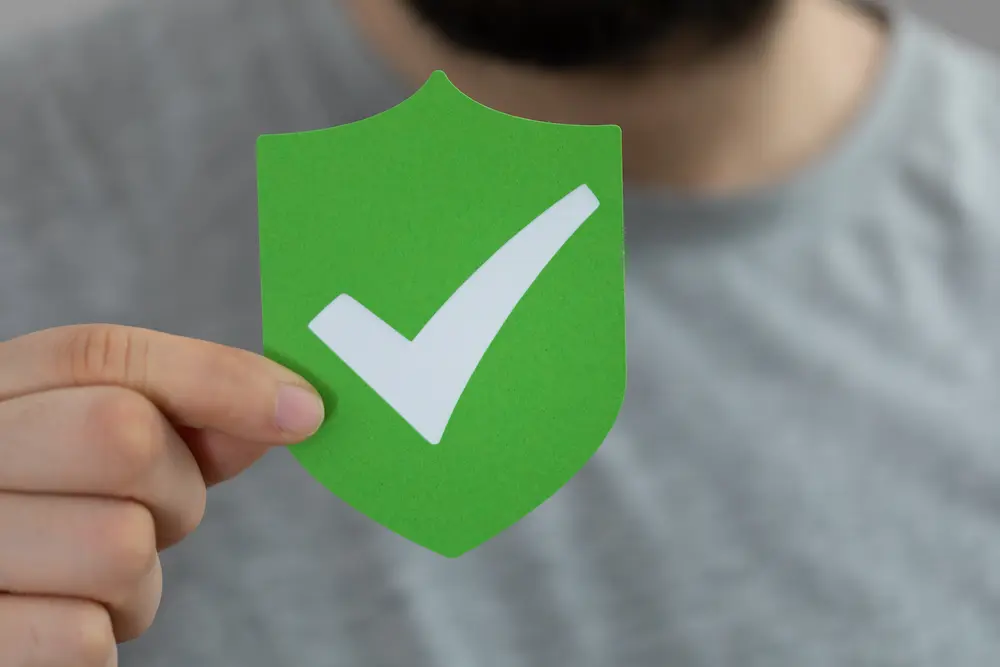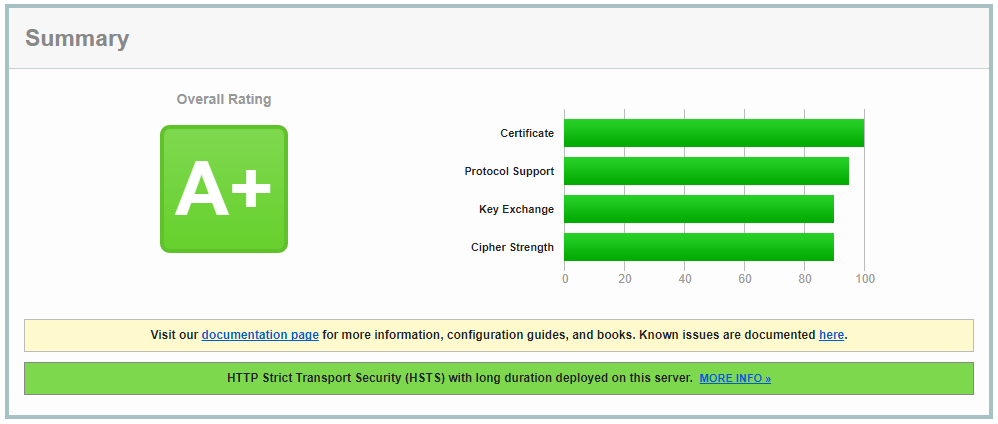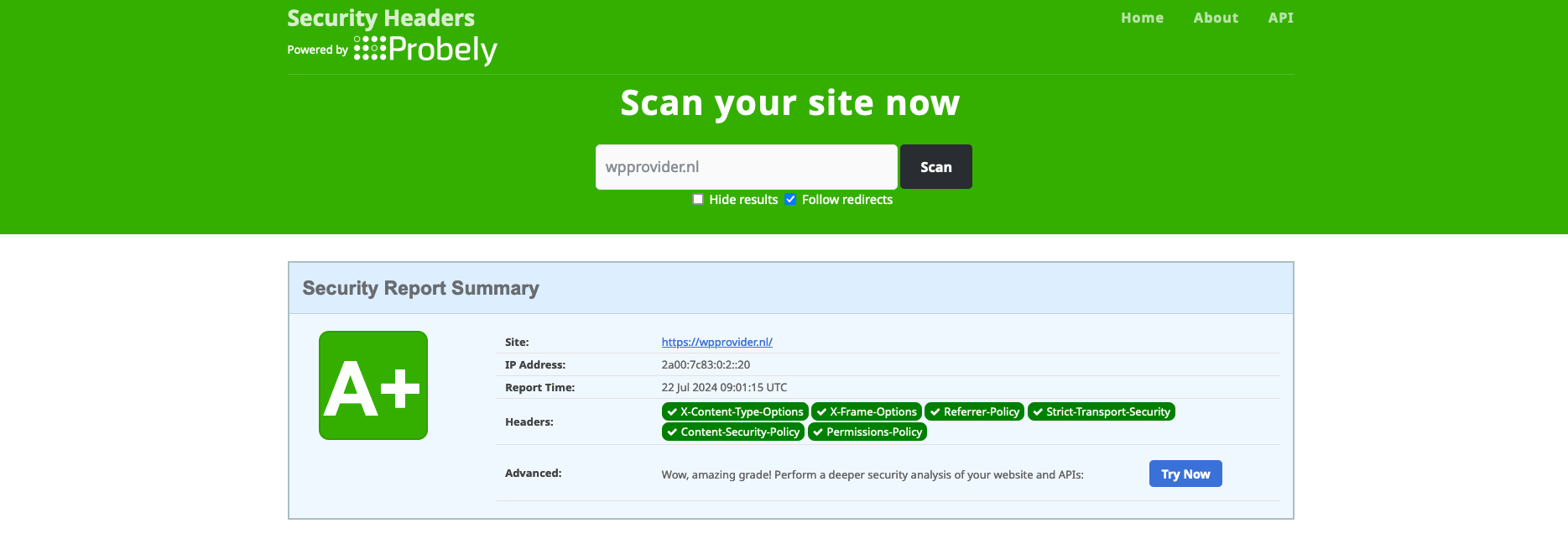SSL certificates
At WP Provider, we understand how important security and reliability are to your online presence. That's why we take the responsibility for SSL certificates completely off your hands.
We are guaranteed to be faster!
Request benchmarkSecure your WordPress website and protect your visitors with our reliable SSL certificates.










No worries about SSL certificates with WP Provider
As a partner or user of the WP Provider platform, you don’t have to worry about SSL certificates.
We make sure that your website is always secure and reliable.
In fact, when you partner with us, there is no need to purchase an SSL certificate.
By default, we provide your website with a ZeroSSL or Let’s Encrypt SSL certificate.
These certificates meet the highest standards of online security and are fully compatible with all known browsers.
As a result, your data and those of your visitors are always protected.
Automatic renewal
Our SSL certificates provide you with everything you need for a secure and reliable website.
With full encryption, you protect all data exchanges between your website and your visitors, ensuring that their information is safe.
Thanks to the automatic renewal of our certificates, you never have to worry about manual updates.
Our certificates renew seamlessly and automatically, so your website is always protected without you having to worry about it.





Your questions. Answered.
SSL uses a combination of public and private key to secure data exchanged between a Web browser and a Web server.
The public key is used to encrypt the data, and the private key to decrypt it.
What is the difference between free SSL and a paid SSL certificate?
WP Provider offers free Basic SSL, as well as paid SSL certificates.
For all our SSL certificates we use the highest encryption, so it is the same.
So what is the difference between free Basic SSL and paid SSL certificates?
Encryption and validation
It is important to first mention the two major functions of SSL to clarify the differences.
Encryption ensures that visitors to your website can communicate through a secure, encrypted HTTPS connection.
Validation ensures that someone can assume that the person they are communicating with is really who they say they are.
And therefore not just anyone, pretending to be that person or party.
Different types of certificates
Basic SSL, based on Let’s Encrypt, provides encryption.
The certificate is not associated with any name or organization.
Other than the domain name, there is no further validation.
Thus, verification that someone or an organization is who they say they are is minimal.
This is why paid certificates that offer more validation are still in demand.
With Domain SSL, there is validation only at the domain level.
It verifies that you have control over the domain you claim to own.
This is checked by the Certificate Authority (CA) and is basically the same as what Let’s Encrypt does.
Starting with Organization SSL, it actually looks at company data.
The CA verifies that the organization is who it says it is.
To do this, the organization’s Chamber of Commerce records are checked.
It also checks in the Whois to see if the domain is registered in the name of the organization.
What happens with Organization SSL in terms of validation also happens with Extended SSL.
However, this goes a step further.
Even more company information is checked and the CA will also contact you.
With this certificate, once issued, you will see the company name in the address bar.
If you have a sole proprietorship, some browsers will additionally display the owner’s name.
In short, validation with a paid organization SSL certificate is more stringent than with free certificates.
There are three main types of SSL certificates: Domain Validated (DV), Organization Validated (OV), and Extended Validation (EV).
Domain validated certificates are the simplest and are usually used for personal Web sites or small businesses.
Organization Validated certificates are used by larger businesses and require more information to be provided in order to be issued.
Extended Validation certificates are the most stringent and require the most information to be provided, but they offer the highest level of security.
SSL certificates typically cost between 10 and 240 per year.
The price depends on the type of certificate, its validity period and the level of security it provides.
If your Web site uses SSL, you will see a padlock icon in the address bar of your Web browser.
You can also check if an SSL certificate is present by looking at the https:// in the URL.
We renew SSL certificates in a timely manner so that there is no interruption.
WP Provider is a web hosting company that offers different types of SSL certificates for securing websites.
There are different types of SSL certificates, depending on the level of security and authentication required for a Web site.
Some of the SSL certificates offered by WP Provider are:
Domain Validation (DV) SSL certificates: these certificates verify only the domain for which they were issued.
They are suitable for low-risk websites, such as blogs and personal websites.
Organization Validation (OV) SSL certificates: these certificates verify not only the domain, but also the organization behind the website.
They are suitable for corporate websites and other websites with a professional profile.
Extended Validation (EV) SSL certificates: these certificates offer the highest level of security and authentication.
They verify not only the domain and organization, but also the legal personality of the organization.
EV SSL certificates are suitable for high-risk websites, such as banks and online stores.
In addition, WP Provider also offers Wildcard SSL certificates, which provide security for all subdomains of a domain.
This is useful for websites with multiple subdomains that need to be secured.
It is advisable to choose the right SSL certificate that suits the needs of your website and the level of security and authentication required.
If you are unsure which certificate is best for your website, please contact WP Provider for advice.
All websites hosted with us require an SSL certificate.
We check for this ourselves and have also enforced the security headers that using no certificate is not possible.If your website does not use SSL, it is possible that someone could intercept the data exchanged between your website and a user’s web browser.
This would allow them to view or modify the data, which could lead to identity theft or other security risks.
What our customers say about the WP Provider Service

We just switched our company from a large hosting provider that provided very poor service and used chatbots to WP Provider. The difference real people can make is great: fast response and great results. Keep up the good work WP Provider (and please never switch to chatbots and keep your people employed)!

We have been working with WP Provider for several years and have been very satisfied. First, the hosting is super fast, sites are always up to date and the service is top notch. And quick response to any questions. Can only say: highly recommended!

I first came in contact with WP Provider through a client of mine. Earlier I had heard good reports about this party. Now I could experience it myself. I was immediately positively surprised by the adequate and fast support offered. A big plus is also the accessibility and personal contact.

Extremely professional, knowledgeable about the ins and outs of WordPress. Good quality for little money, especially when comparing prices. Highly recommended.

I am very happy with the service of WP-Provider. I myself have a lot of contact with Marco. He responds quickly and is very helpful. WP-Provider is one of the few hosting companies you can call if you have a question.

By now I have been building websites for 10+ years, since a couple of years I am a client of WP Provider. I am very satisfied with the quality of the hosting and the service, a rare combination for such a good price. Refer all my website clients if they are looking for a good hosting partner. 5/5!

We have been working with WP-provider for several years. We are very enthusiastic about the fine and fast contact at support. No ticket hassles but just direct and professional contact.

With our company Webheld.nl we have been working with WP Provider for some time to our full satisfaction. The service is excellent and the mutual contacts very good. We cannot imagine a better hosting partner.

Professional, quick feedback on questions, powerful servers, top web hosting performance and world class service. Absolutely highly recommended!

We made a good choice by switching to WP Provider. The feeling is right, your follow-up is always fast and the answers accurate. Really a relief to work with you and for that we would like to thank you.

Always been very satisfied with hosting for sites. Service also always very fast and very well served!

Fine, professional and above all fast service! Always get quick and concrete answers to my questions. Nothing bad to comment on.

WP Provider helped me to run a web application on a subdomain, we would not have been able to do that ourselves without their help. Very fast and adequate help. Great!

It's nice working with WP Provider. A number of my clients' websites are hosted at WP Provider. If something is wrong, it is always solved immediately. WP Provider is also available by phone, which I find a big plus. In short: short lines, super service and reliable.

Fantastic party to work with. Delivers a top service, very professional and very accessible (even in the evenings and on weekends). Thinking along, advice and immediate action. I can only warmly recommend WP Provider.

Marco is knowledgeable, quick and nice to work with. He thinks along, gives tips and does what it takes to solve problems. In short, WP provider is a reliable party that really puts the customer first.

I am glad I contacted WP Provider. They take care of everything very quickly. The service is perfect!

I am very happy with WP Provider. It runs like a breeze, and if I do run into something on my website, it is fixed within minutes by default: just call or email and they fix it for you right away.